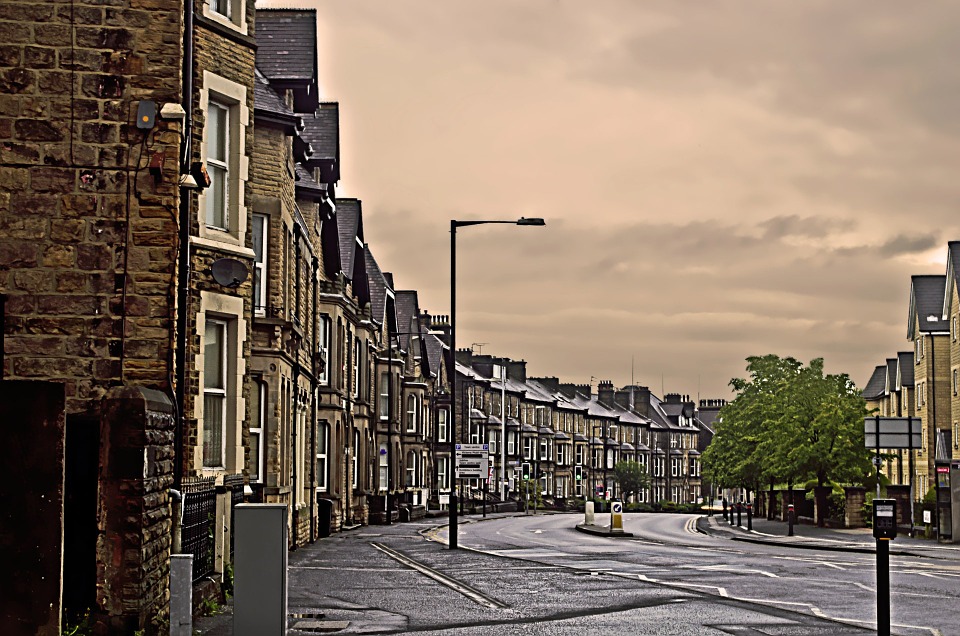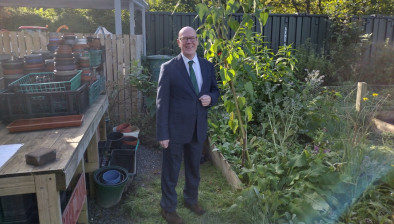England: Covid has intensified existing problems with cramped homes

Housing problems can affect health outcomes and have put residents at specific risk during the coronavirus pandemic, a think-tank has warned.
Research from the Health Foundation found that one in three households (32% or 7.6 million) in England had at least one major housing problem relating to overcrowding, affordability or poor-quality housing before the pandemic hit.
According to the charity, the pandemic has highlighted the health implications of housing. Poor housing conditions such as overcrowding and high density are associated with greater spread of COVID-19, and people have had to spend more time in homes that are overcrowded, damp or unsafe. The economic fallout from the pandemic may lead to an increase in evictions.
It has called for a combination of greater investment in social housing, more secure private tenancies, and reversing reductions in housing benefit support – such as the cuts to Local Housing Allowance (LHA) – to improve the contribution of housing to health.
“Since March, many of us have spent a lot more time at home. For many, the quality of their home has made their experience of the pandemic even worse than it needed to be”, said Adam Tinson, a co-author of the analysis. “While some have weathered lockdown in large homes with gardens and plenty of living space, others have struggled in overcrowded and unsafe conditions.
“Overcrowding is associated with the spread of Covid-19, making self-isolation more difficult and allowing the virus to spread through more people if one becomes infected.”
“People’s housing environments have affected their ability to shield themselves and others from Covid-19,” the analysis said. “People have been encouraged to stay in their homes as much as possible, but within household transmission has played a serious role in the spread of the virus.
“Overcrowding, which has been increasing in the years prior to the pandemic, makes it harder to self-isolate and shield, and may have contributed to higher death rates in poorer areas.
“Ethnic minority households are five times more likely to be overcrowded than white households, illustrating just one of the ways in which existing housing disparities are combining with the pandemic to further widen inequalities in health.”
People being forced to spend more time in overcrowded homes during the various lockdowns had also caused or worsened mental health problems.
The analysis concluded: “Distress is generally higher for overcrowded households and data… seem to show this intensifying during the more severe lockdown in April 2020, when 39% of people in overcrowded households were indicating psychological distress,” compared with 29% of those whose homes were not overcrowded.








